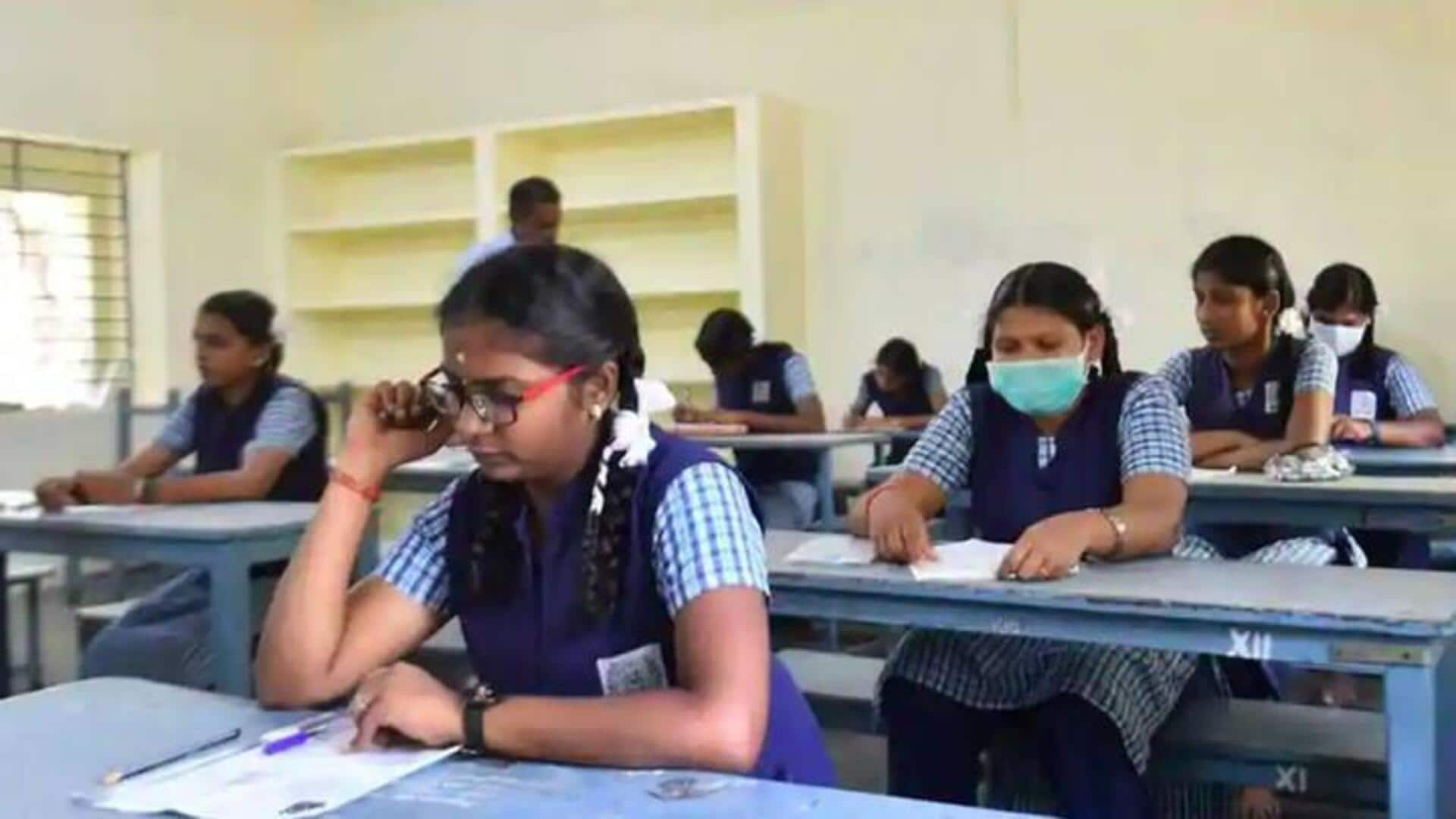
CBSE's new proposal for high school: Indian languages in focus
What's the story
The Central Board of Secondary Education (CBSE) has proposed significant revisions to the academic framework for secondary and higher secondary education, The Indian Express reported. One of the proposed changes includes transitioning from studying two languages to three in Class 10. The rule also has an added requirement that at least two of these languages must be indigenous to India. It has also proposed raising the passing criteria for Class 10 students from five subjects to 10.
National credit framework
Establishing academic equality in school education
Similarly, in Class 12, the proposed changes recommend students study two languages instead of one, with the condition that at least one must be an Indian language. As per the proposed framework, Class 12 students would need to pass exams in six subjects instead of five to graduate high school. These proposed changes are part of the CBSE's broader initiative to implement a national credit framework in school education. It aims to establish academic equality between vocational and general education.
Notional learning
CBSE proposes credit system for school curriculum
As of now, the traditional school curriculum does not have an organized credit system. According to the CBSE proposal, a full academic year would comprise 1,200 "notional learning" hours, which will be equivalent to 40 credits. "Notional learning" refers to the estimated time required for a typical learner to achieve specific learning objectives. The total notional learning hours comprise the time allocated for both in-house academic teaching and extracurricular, experiential, or non-academic learning.
Credit counting
Credits to be digitally recorded
The Academic Bank of Credits will digitally record the credits that students have earned. This academic bank would be accessible through a connected Digilocker account, per the proposal. According to the official CBSE document, the credits will be "independent" of the grades that students receive. To implement this, the CBSE plans to expand the range of subjects studied in Classes 10 and 12 by adding multidisciplinary and vocational courses to the existing list, the document added.
Implementation plan
Proposal gets positive feedback from schools, educators
According to the report, officials have said that the proposal has received positive feedback from schools and educators. Concerns, however, were raised regarding the transition to the new curriculum, which incorporates credits for both academic and non-academic learning. As of now, it remains unclear whether the credit system will be implemented in the upcoming academic year or the one after that, officials added.